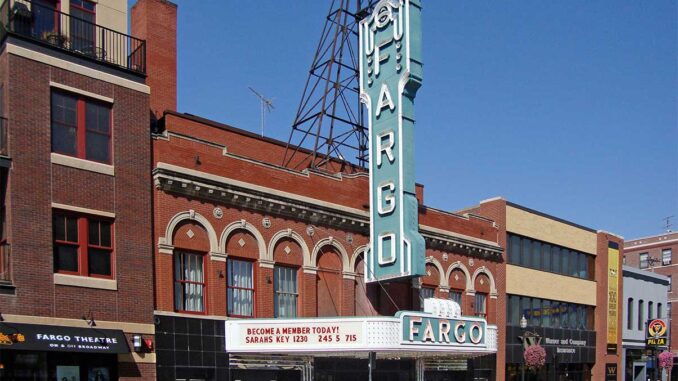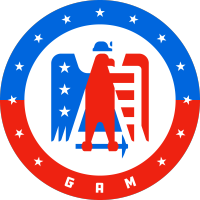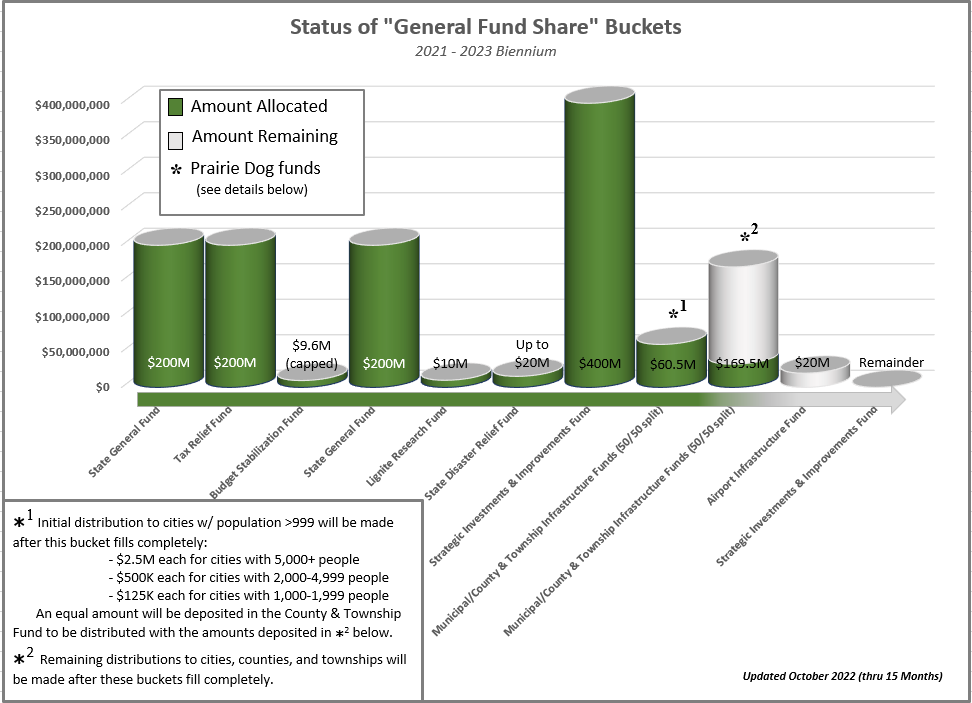
According to the Western Dakota Energy Association, cities in non-oil producing counties received their first payout under “Operation Prairie Dog” this week, while the balance of the the infrastructure funding program is expected to be paid out in February. State funding has been one of the critical projects Government Affairs and Lobbyists have worked on since the Bakken started booming a decade ago.
The first of the “buckets” filled last month, a total of $59,750,000, which is to be split evenly between the state’s larger cities and non-oil producing counties. State Treasurer Thomas Beadle said payments were issued to cities this week based on the distribution formula provided in the legislation (HB 1066) enacted by the 2019 Legislature.
Cities with a population of more than 5,000 will received $2.5 million each, cities with a population between 2,000 and 5,000 will receive $500,000, and cities between 1,000 and 2,000 people will receive $125,000. The other half of the funds will be deposited in the County and Township Fund to be distributed based on road and bridge needs.
Money for the payouts comes from gross production taxes (GPT) on oil and gas. Beadle said based on current projections of oil tax revenue, he expects the remaining buckets will fill in January, with payouts being made in February.
The legislation provides a total of $230 million to non-oil producing cities, counties and townships. Cities are allocated $115 million, counties $100 million, and townships will get $15 million. Non-oil counties are defined as those that receive less than $5 million annually in oil and gas tax revenue under the GPT distribution formula.
The law specifies that the funds are to be used only for “essential infrastructure projects.” The list includes water and wastewater treatment plants; sewer lines and water lines, including lift stations and pumping systems; water storage systems; storm water infrastructure; road and bridge infrastructure; airport infrastructure; electricity transmission infrastructure; natural gas transmission infrastructure; and communications infrastructure. Political subdivisions receiving the funds are required to report to the legislature how the funds are used. Failing to do so, or using the funds inappropriately, will result in loss or reduction of future payouts.
Remaining funds will be distributed when the second pair of buckets fills. City allocations are based on population, population growth and valuation of taxable property. County payouts are based on the road and bridge needs study produced by the Upper Great Plains Transportation Institute.
The state’s largest city, Fargo, will be see the largest amount, about $24 million. Bismarck will receive about $14.7 million, Grand Forks about $12.7 million, and West Fargo will receive about $10.5 million.
Some of the significant amounts among non-oil cities in western North Dakota include
Beulah – $978,000
Hazen – $860,000
Burlington and Surrey – $355,000 (each)
Garrison and Washburn – $350,000
Velva – $294,000
Hettinger – $290,000
Richardton – $177,000
Beach and Belfield – $155,000 (combined)
New England – $149,000
Underwood – $147,000
Kenmare – $144,000
Mohall – $107,000
Click here to see the full list of projected city payouts.
The release from the Western Dakota Energy Association continues citing that of the $100 million allocated to counties, Cass will get the biggest share of the projected payout at about $6.42 million. Ward County will get $5.56 million, Grand Forks County will receive $5.35 million, Richland County $4.84 million, and Burleigh County $4.16 million.
Among western counties
Bottineau – $3.67 million
Stark County – $3.62 million
McLean County – $3.55 million
McHenry County – $2.72 million
Mercer County – $2.2 million
Renville – $1.47 million
Golden Valley – $1.29 million
Hettinger County – $1.2 million.
Click here to see the full list of estimated county payouts.
About The Crude Life
Award winning interviewer and broadcast journalist Jason Spiess and Content Correspondents engage with the industry’s best thinkers, writers, politicians, business leaders, scientists, entertainers, community leaders, cafe owners and other newsmakers in one-on-one interviews and round table discussions.
The Crude Life has been broadcasting on radio stations since 2012 and posts all updates and interviews on The Crude Life Social Media Network.
Everyday your story is being told by someone. Who is telling your story? Who are you telling your story to?
#thecrudelife promotes a culture of inclusion and respect through interviews, content creation, live events and partnerships that educate, enrich, and empower people to create a positive social environment for all, regardless of age, race, religion, sexual orientation, or physical or intellectual ability.
Sponsors, Music and Other Show Notes

Studio Sponsor: The Industrial Forest
The Industrial Forest is a network of environmentally minded and socially conscious businesses that are using industrial innovations to build a network of sustainable forests across the United States.
Weekly Sponsor: Stephen Heins, The Practical Environmentalist
Historically, Heins has been a writer on subjects ranging from broadband and the US electricity grid, to environmental, energy and regulatory topics.
Heins is also a vocal advocate of the Internet of Everything, free trade, and global issues affecting the third of our planet that still lives in abject poverty.
Heins is troubled by the Carbon Tax, Cap & Trade, Carbon Offsets and Carbon Credits, because he questions their efficacy in solving the climate problem, are too gamable by rent seekers, and are fraught with unreliable accounting.
Heins worries that climate and other environmental reporting in the US and Europe has become too politicized, ignores the essential role carbon-based energy continues to play in the lives of billions, demonizes the promise and practicality of Nuclear Energy and cheerleads for renewable energy sources that cannot solve the real world problems of scarcity and poverty.

Weekly Sponsor: Great American Mining Co
Great American Mining monetizes wasted, stranded and undervalued gas throughout the oil and gas industry by using it as a power generation source for bitcoin mining. We bring the market and our expertise to the molecule. Our solutions make producers more efficient and profitable while helping to reduce flaring and venting throughout the oil and gas value chain.

Join Podcasters from across the world and all walks of life as they unite to bring civil solutions to life and liberty.

Studio Email and Inbox Sponsor: To Be Announced

Featured Music: Alma Cook
For guest, band or show topic requests, email studio@thecrudelife.com
Spread the word. Support the industry. Share the energy.



